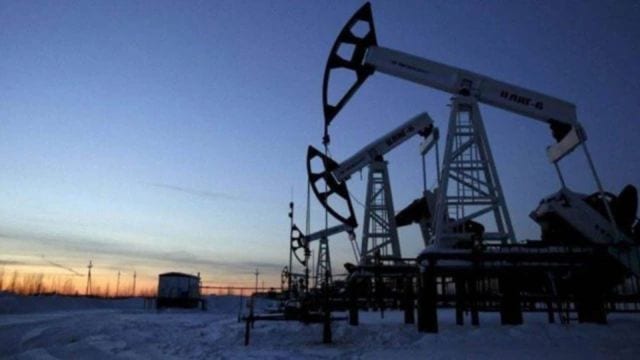Fossil fuels production in 2030 likely to be more than double of what is needed for 1.5 degree target: Report
The report, which was last published in 2023, says that in the last two years, countries have actually increased their plans for the use of fossil fuels in the next couple of decades.
 Fossil fuels like coal, petrol and other common hydrocarbons contribute about 75 per cent of global greenhouse gas emissions every year. (File Photo)
Fossil fuels like coal, petrol and other common hydrocarbons contribute about 75 per cent of global greenhouse gas emissions every year. (File Photo)Ahead of Wednesday’s special high-level event on climate action on the sidelines of the UN General Assembly session, a new report has once again highlighted how the Paris Agreement climate goal was slowly but surely slipping out of hand.
This year’s Production Gap Report, published by the Stockholm Environment Institute, has found that the global production of fossil fuels in 2030 was expected to be more than double — 120 per cent higher — of the level considered consistent with achieving the Paris Agreement target of keeping temperature rise within 1.5 degree Celsius compared to pre-industrial times. It would also be at least 77 per cent more than the amount consistent with the 2 degree Celsius pathway.
The report, which was last published in 2023, says that in the last two years, countries have actually increased their plans for the use of fossil fuels in the next couple of decades. This includes India, whose production of coal by 2030 is now projected to exceed what was planned in 2023.
Fossil fuels like coal, petrol and other common hydrocarbons contribute about 75 per cent of global greenhouse gas emissions every year. Their replacement by cleaner sources of energy, like solar or wind or nuclear, is critical to bringing down emissions, and keeping the rising temperatures in check.
The Paris Agreement temperature targets have always appeared beyond reach, but global climate action has slowed down considerably in the last one year, particularly after the re-election of Donald Trump as the President of United States. The US withdrawal from Paris Agreement this January, and the disappointing output from last year’s annual climate conference in Baku, Azerbaijan, have seen the momentum on climate action getting eroded.
The special high-level event convened by UN Secretary General Antonio Guterres on the sidelines of UN General Assembly is an attempt at bringing the spotlight back on climate change ahead of this year’s climate conference in Brazil later in November. It is the one amongst several climate-focused events being organised by the UN and Brazil, the host of this year’s climate conference, in the next few weeks.







